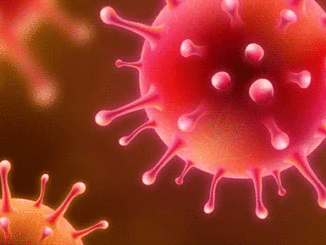RNA Modification Detected in Swine Coronavirus
Years before COVID-19 emerged out of China and entered the US, a lesser-known, highly contagious coronavirus (CoV) had already hit US soil, causing an outbreak of severe diarrhea in pigs. This swine CoV, referred to as porcine epidemic diarrhea virus (PEDV), first appeared in the US in 2013. It caused high mortality and morbidity rates in the pork industry, spreading rapidly throughout the US then further into Canada and Mexico. Although PEDV is not known to be transferable to humans, [more…]











